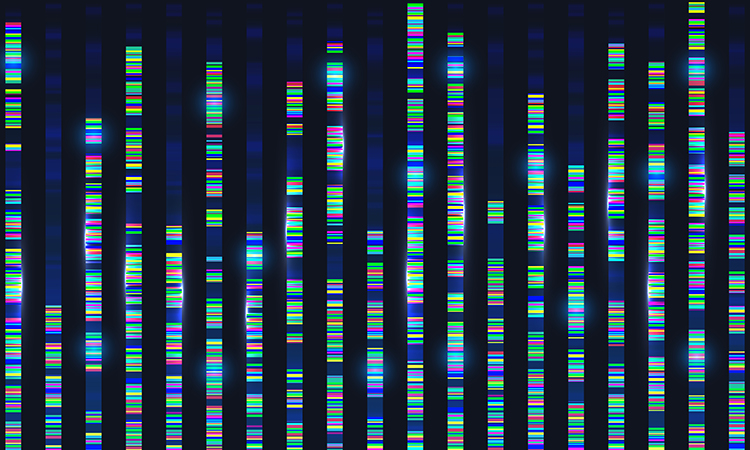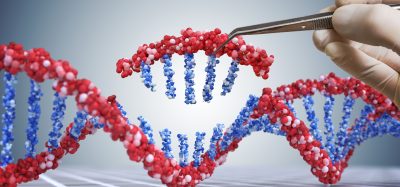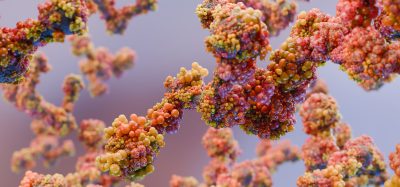Using omic data to develop and validate biomarkers of ageing
Posted: 22 February 2024 | Drug Target Review | No comments yet
Researchers highlight the need for considering biomarkers alongside other health outcomes, as well as the need for omic data standardisation.


Led by Harvard University researchers, a new study has provided a framework for standardising the development and validation of biomarkers of ageing using omic data from population-based studies. This will improve predictions of longevity and quality of life.
Ageing is a process associated with multiple biological changes, including increased molecular and cellular damage. To offer a standardised means to evaluate biomarkers related to ageing, the team analysed population-based cohort studies built on omic data of blood-based biomarkers of ageing. Then, the scientists compared the predictive strength of different biomarkers, including study design and data collection approaches, and observed how these biomarkers presented in different populations.
To better assess the impact of ageing using biomarkers, the researchers highlighted that clinicians need to consider how biomarkers of ageing are associated with numerous other health outcomes, such as frailty, functional decline, chronic disease and disability, as well as mortality. The standardisation of omic data is also required to improve reliability.
Biomarkers are redefining how precision therapies are discovered, validated and delivered.
This exclusive expert-led report reveals how leading teams are using biomarker science to drive faster insights, cleaner data and more targeted treatments – from discovery to diagnostics.
Inside the report:
- How leading organisations are reshaping strategy with biomarker-led approaches
- Better tools for real-time decision-making – turning complex data into faster insights
- Global standardisation and assay sensitivity – what it takes to scale across networks
Discover how biomarker science is addressing the biggest hurdles in drug discovery, translational research and precision medicine – access your free copy today
Co-first author Dr Mahdi Moqri, from the Division of Genetics, explained: “Omics and biomarkers harmonisation efforts, such as the Biolearn project, are instrumental in validation of biomarkers of ageing… Biolearn is an open-source project for biomarkers of ageing and is helping to harmonise existing ageing biomarkers, unify public datasets, and provide computational methodologies.”
More research is needed to understand how implementation of biomarker evaluation in clinical trials could improve patient quality of life and survival. Co-first author Dr Jesse Poganik of the Division of Genetics concluded: “If we hope to have clinical trials for interventions that extend healthy lifespan in humans, we need reliable, validated biomarkers of ageing…We hope that our framework will help prioritise the most promising biomarkers and provide health care providers with clinically valuable and actionable tools.”
This study was published in Nature Medicine.
Related topics
Biomarkers, Computational techniques, Genomics, Proteomics
Related conditions
ageing
Related organisations
Harvard University








